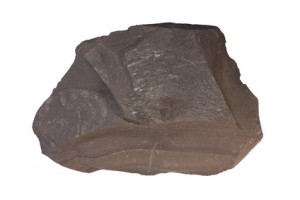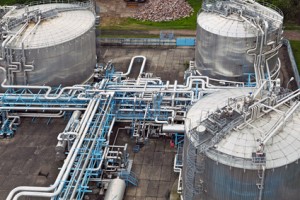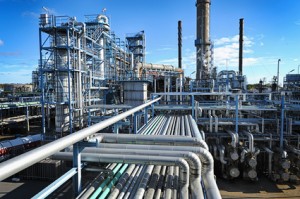Thursday 29 October, 2015
How Shale Oil Affects Heating Oil Prices
 The price of a barrel of oil has become a thing of scrutiny ever since our attention was turned to the Middle East decades ago. The need to be less dependent on foreign oil has caused innovators to find ways to better meet our own fuel demands. As opposed to conventional oil, shale oil is capitalizing on technological advances in the way we harvest and process oil. That is good news for the long foreseeable future and Heating Oil Prices.
The price of a barrel of oil has become a thing of scrutiny ever since our attention was turned to the Middle East decades ago. The need to be less dependent on foreign oil has caused innovators to find ways to better meet our own fuel demands. As opposed to conventional oil, shale oil is capitalizing on technological advances in the way we harvest and process oil. That is good news for the long foreseeable future and Heating Oil Prices.
What is Shale Oil?
Unlike rigs that drill for the bubbling crude, shale oil is a rock. It is harvested and processed differently. As you may have been able to deduce by lower gas prices this year, it is a more economically sustainable method. As the price of a barrel of oil decreases, that price cut is noticed in all forms of refinery, including your heating oil. And with the largest shale deposits in the world located in the central-west region of our nation, there is no shortage of supply. According to most experts (even given the unpredictable volatile political climate), prices will continue to drop or remain stable with known deposits to sustain us for around 400 years.
How is Shale Oil Harvested?
It is commonly referred to as “the rock that burns”. It takes an enormous amount of heat and pressure to keep oil in a liquid form. It must be mined from the earth using a simple yet sophisticated system and then heated through a process called retorting. There are other methods currently being looked into that would heat the shale before it is mined from the earth. Once the shale oil is in liquid form, it can then go through the refining process just like all other oil that is drilled.
Shale 2.0
Our nation is on the cusp of revolutionizing the shale oil industry. Technological advances and highly motivated entrepreneurs have not given up on the potential this black gold mine has. The geo-political climate is being heated as the barrel tries not to drop too much. But lowered fuel costs after being too high for too long will naturally take time to settle back into as the shock of $20/barrel wears off.
The surplus of oil in our nation right now is the highest it has been in many years. This has allowed a surplus of new technology to develop and big data projects with extraordinary software that has left the market in an upheaval with many changes to come, including more affordable heating oil.
|











0